Interview Relay
42 Stories of the Tokyo Marathon
〜Connecting Hearts〜
My Tokyo Marathon is…?A source of Ikigai (Reason for Being)
- Runners
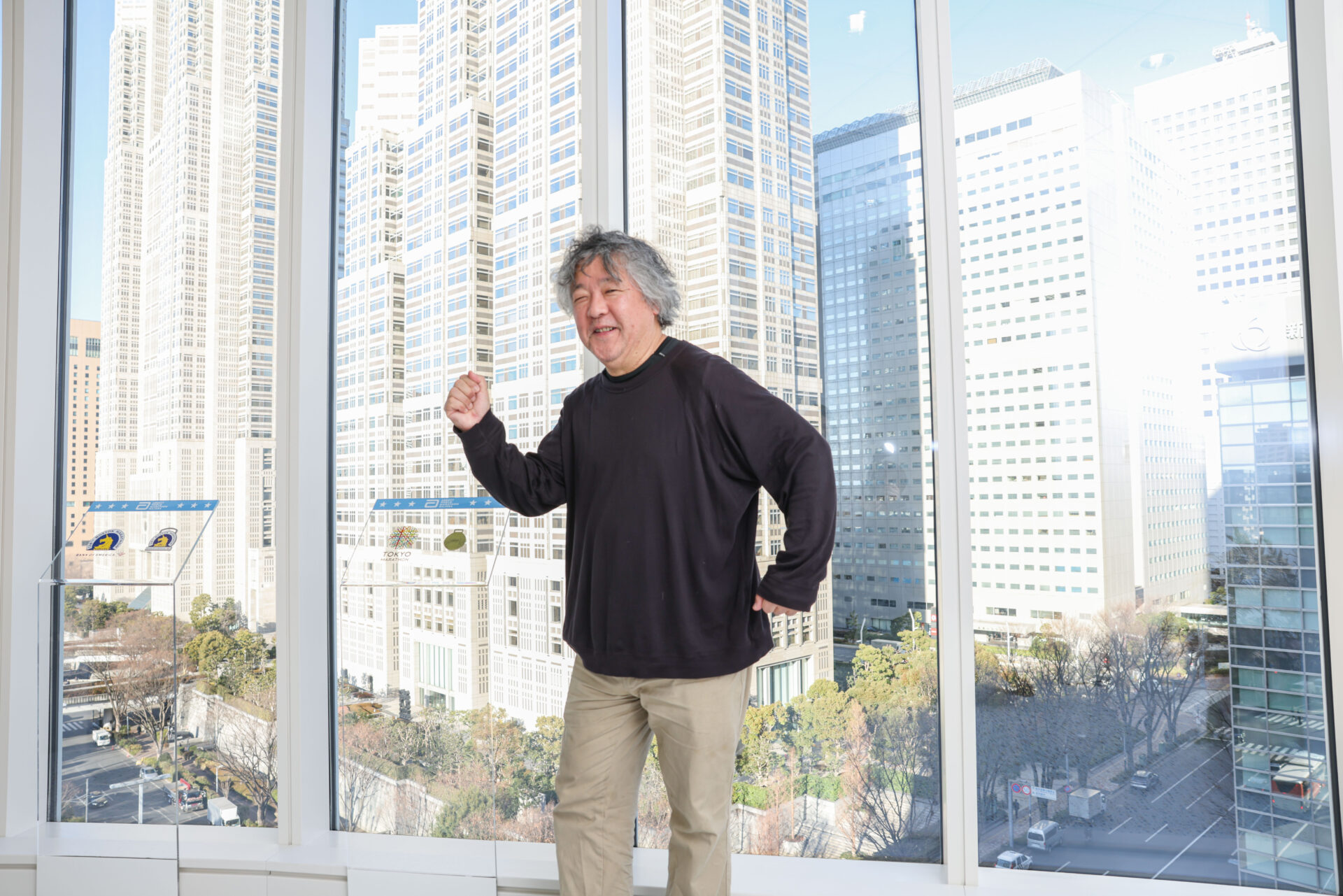
Interview Relay: 42 Stories of the Tokyo Marathon ~ Connecting Hearts~
Introducing, a neuroscientist Kenichiro Mogi.
Mr. Mogi completed his first Tokyo Marathon in 2015, and since 2018, he has participated every year as a charity runner for the United Nations High Commissioner for Refugees (UNHCR). We asked him about what he hopes to convey by running as a charity runner, the effects of running on the brain, and his expectations for the Tokyo Marathon, celebrating its milestone 20th anniversary in 2027.
Running Regulates the Brain and Cultivates Creativity

―― How do you incorporate running into your daily life?
The first time I ran a full marathon was when I was 40 years old, at the Tsukuba Marathon. If I compare life to a glider, I felt like my physical strength would start to decline from that point. I thought I would really crash if I kept flying at a low altitude (laughs), so I felt I needed to increase my physical strength from around 40 and ran a full marathon. Then there was a bit of a break, but I first ran the Tokyo Marathon in 2015. Full marathons are really tough (laughs).
As for my usual running routine, I mostly run in the morning. If I have time, I’ll run about 10km, and if I don’t, I’ll run as much as I can as a best effort. The shortest run I do is sometimes just a round trip to a nearby convenience store (laughs). I also do a lot of “travel running.” Because I have a lot of business trips both domestically and internationally, I run wherever I’m staying and upload it to YouTube. So, I think I run relatively often.
――Does running have any positive effects or benefits for the brain?
It’s a given fact that running improves physical and mental health, but from a neuroscience perspective, there’s something called the default mode network in the brain. This network only becomes active when the brain is in an idling state.
What does the default mode network do? It’s said to organize your memories, maintain your emotions, and have effects similar to Zen meditation or other forms of meditation. I’m inevitably busy from the morning, with my schedule packed minute by minute, and I have a lot of screen time looking at my computer and smartphone. So, the time I spend running is a kind of digital detox, a valuable time to empty my head and activate the default mode network.
It’s surprising how often insights and ideas come to me during that time. I think all runners experience this, but it’s also a very meaningful time to organize various aspects of my own life.
―― Indeed, when I talk to runners, they all say that “the time spent in running is a time to organize their thoughts.
Yes, that’s the default mode network. Modern people, in particular, are constantly overloaded with information, so walking and running are very good for maintaining the brain, I think.
I once had a conversation with Yuusai Sakai, a man who completed the Sennichi Kaihōgyō (thousand-day circumambulation practice) twice. The Sennichi Kaihōgyō is a practice where you walk in the mountains for a thousand days, and Mr. Sakai, who completed it twice, told me about the concept of ‘walking Zen’ (hokō zen). However, the Sennichi Kaihōgyō is closer to trail running than walking. Therefore, even someone who has undergone the most rigorous training in the Buddhist world, the Sennichi Kaihōgyō, incorporates running to regulate their brain.
――So, by running, the brain enters a state of default mode network activity, which is what we call a “regulated brain” state.
That’s right. However, the detailed understanding of the default mode network’s existence has only come about in the last 10 years or so; it’s a very new finding in neuroscience. This is because neuroscience research, up until now, has focused on ‘when you’re doing this, this part of the brain is activated.’ For example, when you’re looking at something, this part of the brain is working, or when you’re listening to something, that part is working. But the default mode network is the opposite. It’s ‘active when you’re doing nothing,’ which is a reverse concept, so its discovery was delayed. However, in the last 10 years or so, it’s been attracting attention as a circuit deeply involved in maintaining the balance of mind and body, and in creativity. Therefore, I believe that creativity can be cultivated through running.
The novelist Haruki Murakami is also very well-known as a runner. Closer to our field, there’s Alan Turing, the great British mathematician who created all the principles of the computer. Turing was a famous marathon runner, apparently a serious runner who almost made it to the Olympics (laughs).
So, the connection between running long distances and creativity has been anecdotally suggested for a long time, but research on the default mode network is now providing evidence to support that.
Hoping to raise awareness and encourage thinking about refugee issues
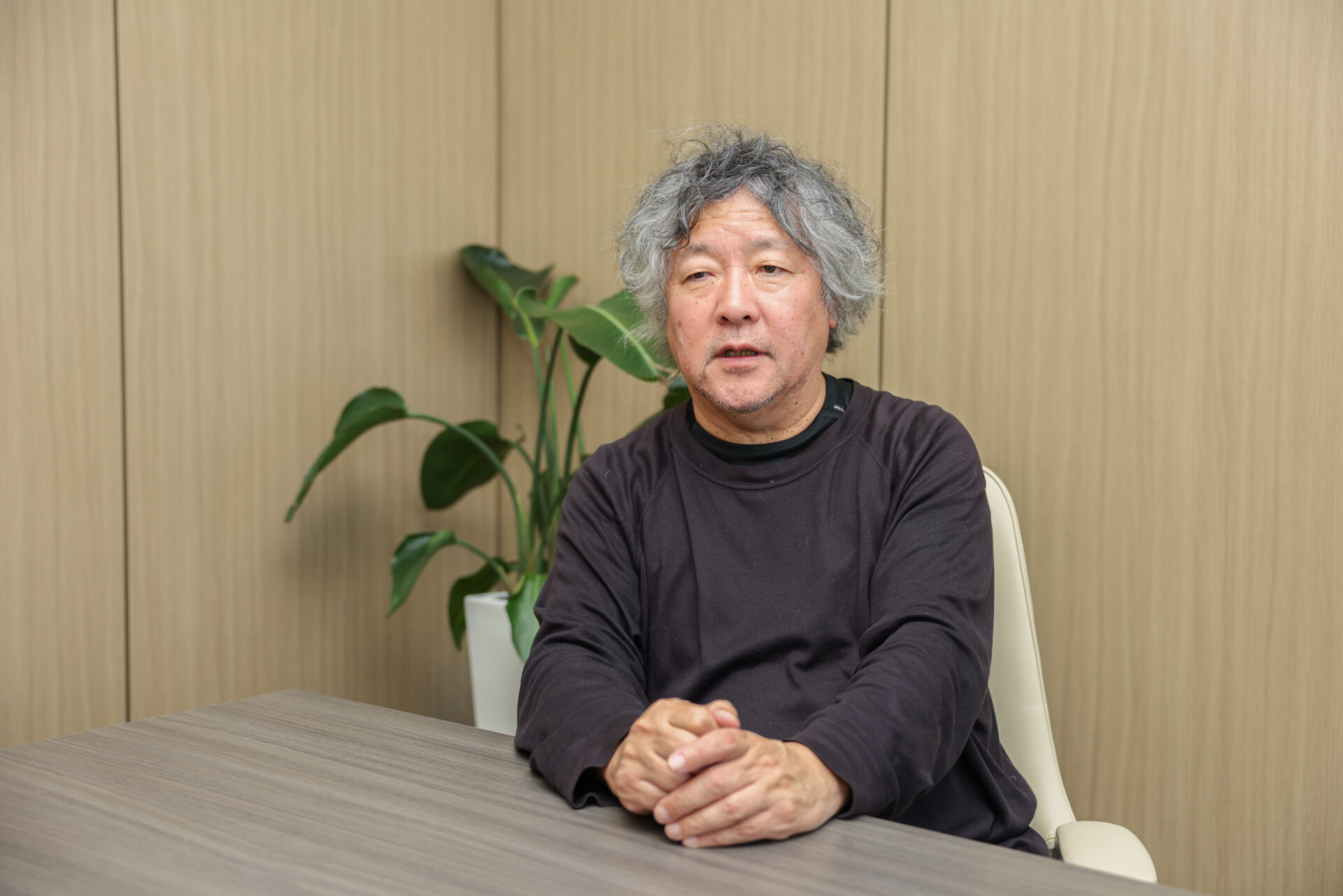
―― Mr. Mogi, you’ve been running the Tokyo Marathon every year as a charity runner for the UNHCR since 2018. Could you tell us what led you to start running as a charity runner, and what is the background behind it?
I had a connection with someone from UNHCR, and I helped them raise awareness about the refugee issue among the general public. Thinking about the refugee issue is incredibly important, but awareness is still quite low in Japan. During that work, one day, I mentioned that I was going to participate in the Tokyo Marathon, and they invited me, saying, ‘Well then, would you like to run as our charity runner?’ That’s how it started.
――You’ve participated in the Tokyo Marathon every year as a charity runner since 2018. Do you have any memorable stories from those experiences?
The rainy race in 2019 was definitely tough. It was raining the whole time, so everyone was soaked, but once I started running, it was okay. I was wondering how it would go, but I didn’t catch a cold and was able to finish the race. That’s a particularly vivid memory.
Also, and this is the case every year, the support from the spectators along the course is really encouraging. Especially “Y.M.C.A.” When that song comes on, even though I’m tired, I end up dancing when the chorus hits (laughs).
And then, when it comes to the Tokyo Marathon, it’s really about being able to run through famous places all over Tokyo. That’s not something you get to do often, even if you live here, so in that sense, I think it’s truly a marathon with a premium feel.
――What message would you like to convey as a charity runner and UNHCR Ambassador?
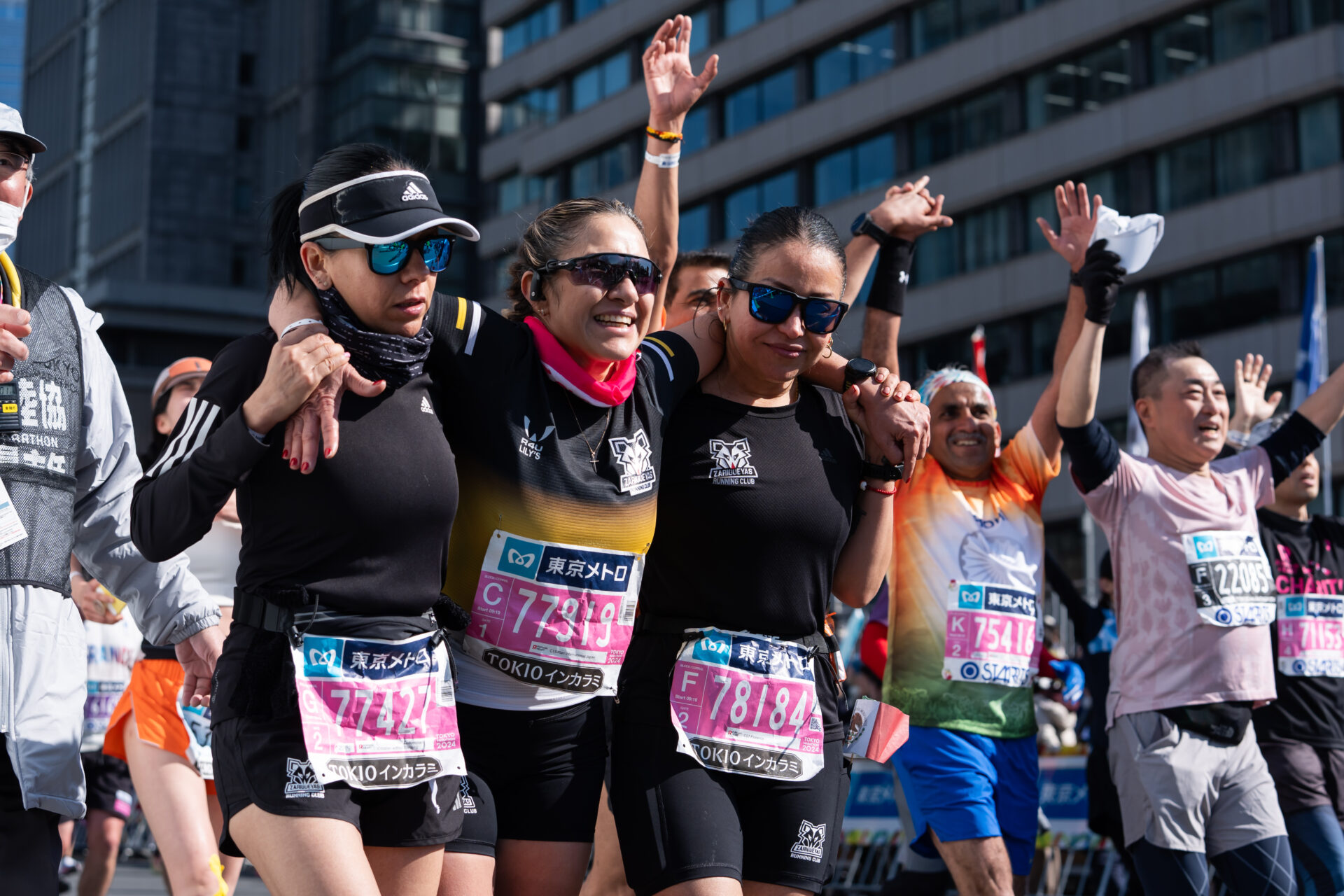
We are fortunate that Japan is presently experiencing a period of peace, but if you look at the world, there are wars and conflicts happening in various places, and there are people who have become refugees due to social circumstances. You never know when you yourself might become a refugee. So, to have everyone think again about the suffering and hardship of refugees—from a neuroscience perspective, this is about raising awareness—I’m hoping that running annually serves as a trigger for people to recognize issues of great social importance.
It’s also a time for me personally to reflect on the refugee issue. It might be a bit of a cliché, but it’s an opportunity for me to remember that, even though I’m struggling and finding it hard to finish the marathon, there are people in the world who are suffering even more.
Running is proof of human life, something AI doesn’t have
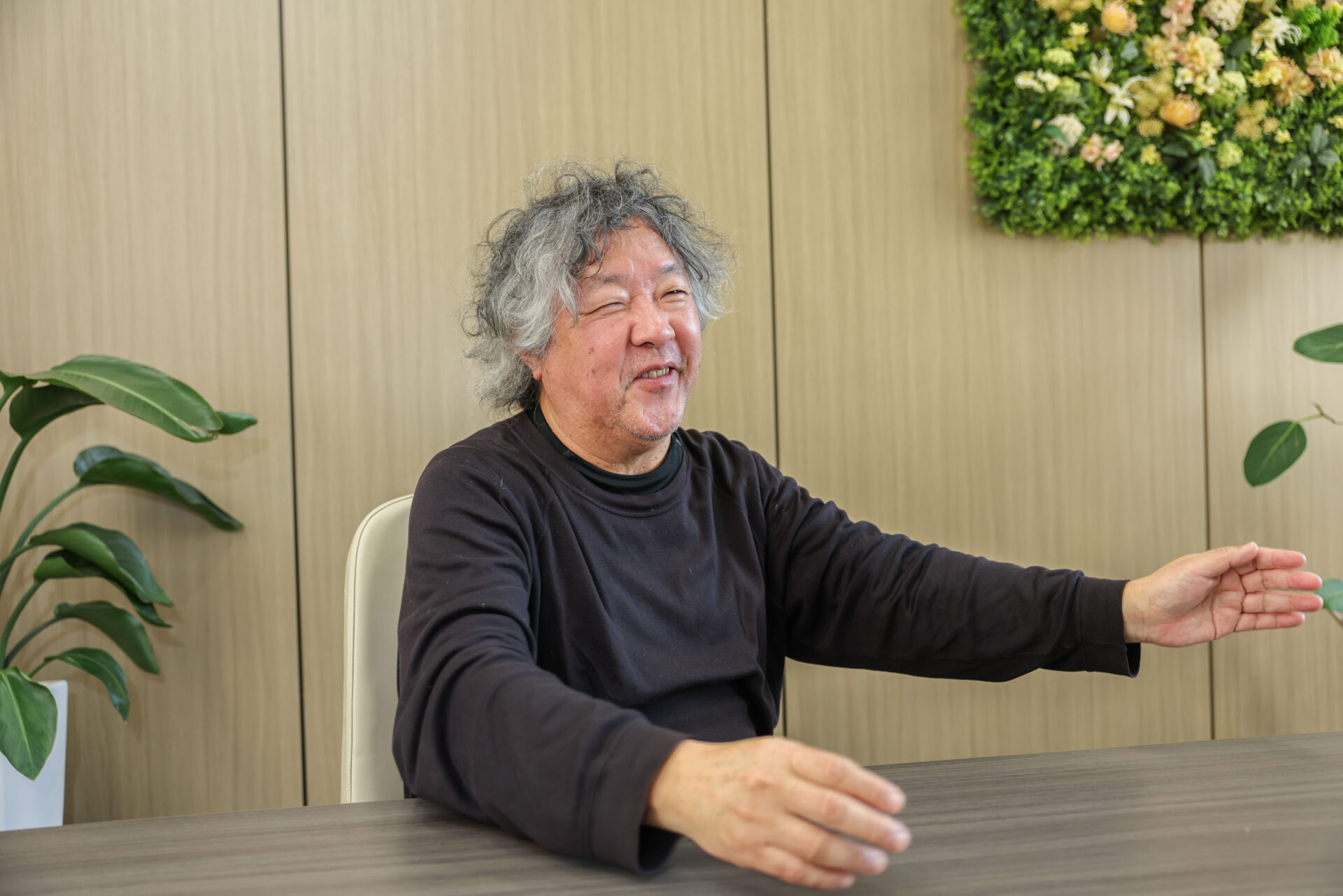
—— The Tokyo Marathon Foundation aims to support the improvement of people’s health through running and sports and to create a better society by improving the environment and the city, with running being the start of such an initiative. Under the theme of “Change the future with the joy of running,” we aim to achieve three missions: “Connecting people through the joy of running,” “Creating healthy lifestyles through the joy of running,” and “Building a better society through the joy of running.” What are your thoughts on this?
As a neuroscientist, I think it would be great if more people took up walking and running. For example, dementia is a huge problem in society. There is evidence that walking and running are very effective in preventing dementia. However, according to a survey by the Ministry of Health, Labour and Welfare, only a few percent of people have a regular running habit. Indeed, in the area where I live, the only people I see running are the regulars, including myself (bitter laugh). As a neuroscientist, I’ve long believed that individuals should be aware that running can extend their healthy life expectancy, and I hope they incorporate exercise into their routines.
On the other hand, running is also wonderful for building bonds and community. I’m always incredibly grateful for the volunteers, in particular. I sometimes think that the real stars of the Tokyo Marathon are not the runners, but the volunteers and the operational staff. Even at just one water station, we runners just pass through, but the volunteers are there to encourage the runners until the very end. Also, seeing the Medical Runner on the course and the AED Bike Teams cycling the course with us give us peace of mind, and the pace-setters always help me. All kinds of volunteers and staff support runners, and I truly appreciate it.
Among the Abbott World Marathon Majors, I believe the Tokyo Marathon is highly regarded as a very runner-friendly race, and I think that’s because of the community strength of the city of Tokyo and Japan as a country. Therefore, I wholeheartedly sympathize with the mission of improving Tokyo’s cityscape and lifestyle through the Tokyo Marathon.
――That could also be the value of the Tokyo Marathon in society.
That’s right. The sense of solidarity among the runners is also incredible. Nowadays, there aren’t many opportunities to confirm connections etween people in that way. Many people come to the Tokyo Marathon from all over the country and the world, and I think it’s a fantastic chance to reaffirm and strengthen the connections we have with one another.
――With all of that in mind, what do you feel is the greatest appeal of the Tokyo Marathon? Why do so many runners want to run the Tokyo Marathon?
Firstly, from an objective perspective, I think it’s because the city of Tokyo is recognized as one of the most attractive cities in the world. Just like London, Paris, and New York were so in the past, Tokyo has become a global destination city. I believe the Tokyo Marathon has played a significant role in that.
On a personal note, last year, my book ‘IKIGAI’ became the number one bestselling non-fiction book of the year in Germany. To put it simply, ‘ikigai’ is something you find joy in, regardless of what others think. I believe that for runners, myself included, a marathon is a form of ikigai. We run because we find it to be our ikigai. So, I think the Tokyo Marathon is a representation of Japan, the land of ikigai. If you ask why Japanese people love marathons so much, I think it’s because it’s their “ikigai.”
――Perhaps there’s something we subconsciously feel about marathons and running.
In the course of biological evolution, one distinct characteristic of humans is ‘movement.’ Humanity originated in Africa and spread throughout the world. It’s been found that humans are exceptionally good at endurance running. We’re not as fast as other animals in short-distance sprints, but we can run long distances. So, I feel that the act of running long distances is, in a sense, a testament to our existence as human beings.
Our lives are becoming increasingly convenient, and the evolution of AI, even from my perspective as a neuroscientist, is astonishing. But the ikigai of running is proof of human life, something AI doesn’t have. I think it’s precisely because we live in an age of advancing technology that people are interested in running and walking. It’s a kind of instinct to live, you could say (laughs).
It would be fascinating to see a film that uses the Tokyo Marathon as its setting.
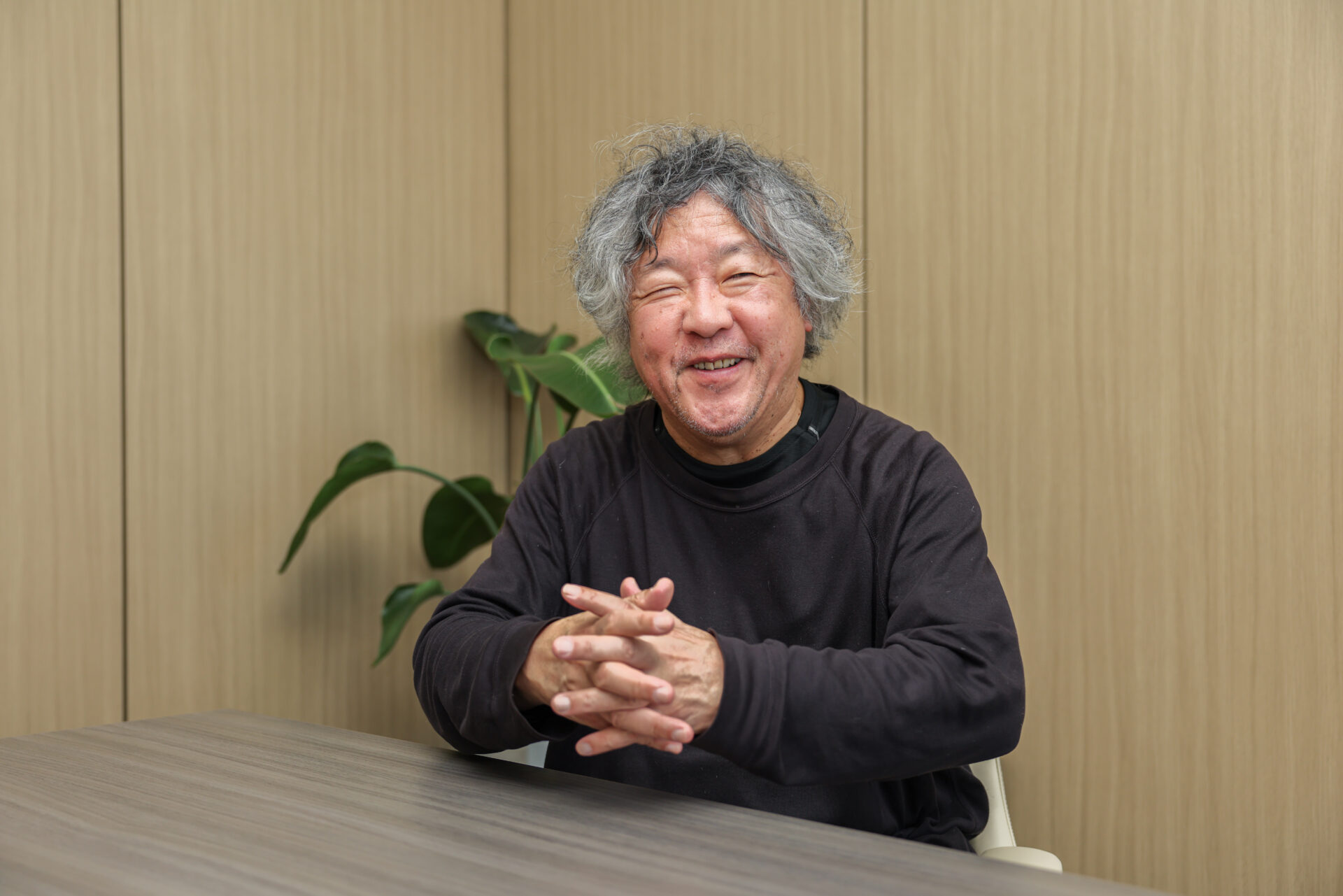
――The Tokyo Marathon Foundation has set a vision of the “Tokyo Marathon, the best marathon in the world, held in Tokyo, the best city in the world” based on three pillars: “The safest and most secure race in the world,” “The most exciting race in the world,” and “The warmest and most friendly race in the world.” What is your view on this?
It’s wonderful. I believe that having pride in one’s own country, conversely, means having respect for others. Foreign runners who run the Tokyo Marathon seem to be deeply impressed by the politeness and thoughtfulness of the volunteers. I feel that the respect for others that is unique to Japanese culture, as seen in the martial arts saying ‘Begin with respect, end with respect,’ and the unique way Japanese people use their brains, are currently attracting a great deal of attention worldwide. I hope the Tokyo Marathon will be an opportunity to convey the good qualities and unique appeal of the Japanese people.
— What is the Tokyo Marathon to you, Mr. Mogi? #MyTokyoMarathon is…?
It’s my ikigai . (A reason for being)
――To continue spreading the culture of charity, could you tell us its significance and message, not just for runners, but for people who have never participated in charitable activities before?
Modern society and the world have become too vast and too complex, so I think many people feel like they can’t change anything on their own. I sometimes feel that way myself. But when you think about it, if each individual comes together, it becomes a tremendous force. Also, the brain exhibits incredible power when you’re thinking of others. Therefore, charity can be the greatest motivator for improving one’s own life. In fact, running the Tokyo Marathon as a charity runner really energizes me. Charity is for the benefit of the world, but at the same time, it ultimately benefits oneself, so I hope that as many people as possible will become interested in it.
――Finally, what are your expectations for the Tokyo Marathon in the future, and what would you like to see done to expand the reach of charity culture through running?
The event itself is already wonderful, so I hope they will continue to work hard on promotional activities to make it known to more people both domestically and internationally. It’s not exactly a film commission, but I think it would be interesting if there were a movie that featured the Tokyo Marathon. Especially among foreigners, people still talk about ‘Lost in Translation’ when it comes to the area around the Tokyo Marathon Foundation’s office in West Shinjuku. So, wouldn’t it be wonderful if there were a movie or drama of the Tokyo Marathon? I hope that in the future, there will be a race where I’m running the Tokyo Marathon, and at the same time, I think, ‘Oh, they’re filming a movie, too!’ A masterpiece that surpasses ‘Chariots of Fire’ at the Tokyo Marathon (laughs).
Other Interviews
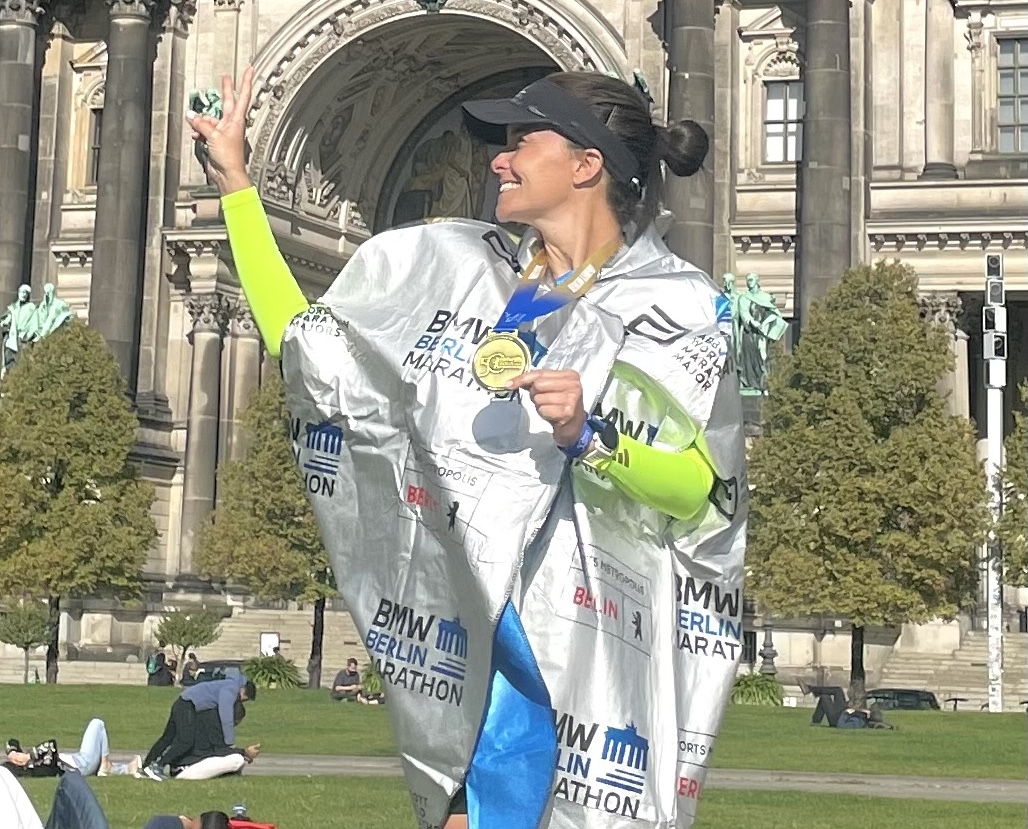
My Tokyo Marathon is…? “Fall seven times, get up eight times.” That’s running, and the essence of life.
- Runners
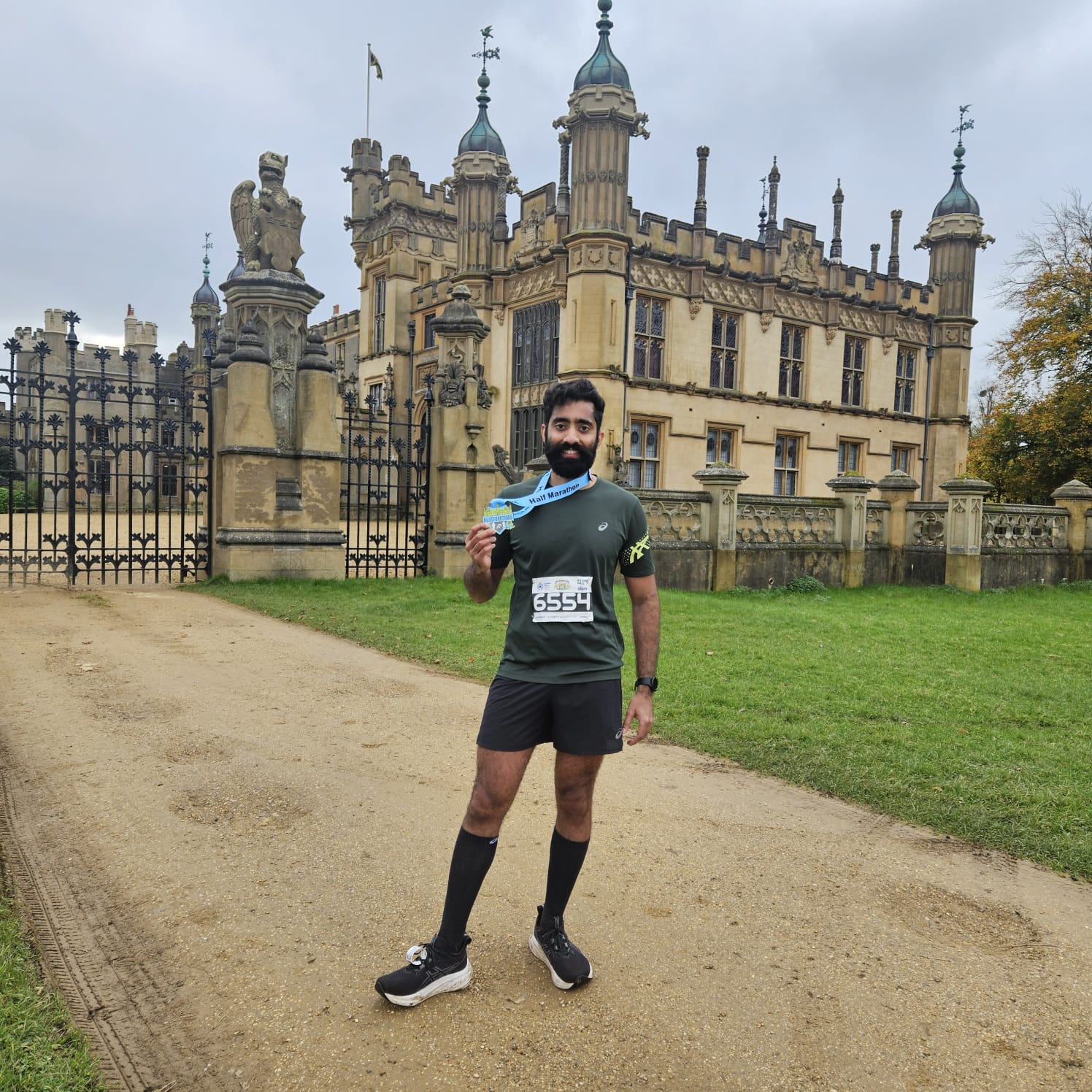
My Tokyo Marathon is…? The epitome of what a world-class marathon should aspire to be
- Runners

My Tokyo Marathon is…? To live up to my promise to my deceased friend
- Runners


